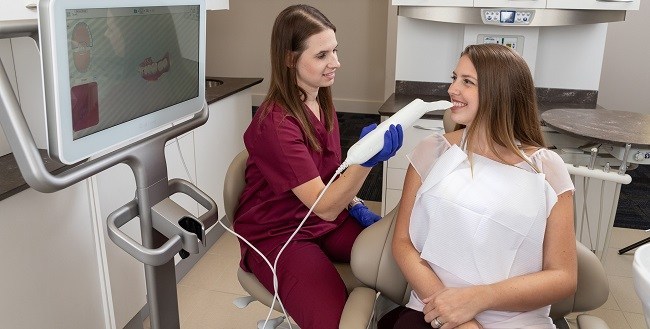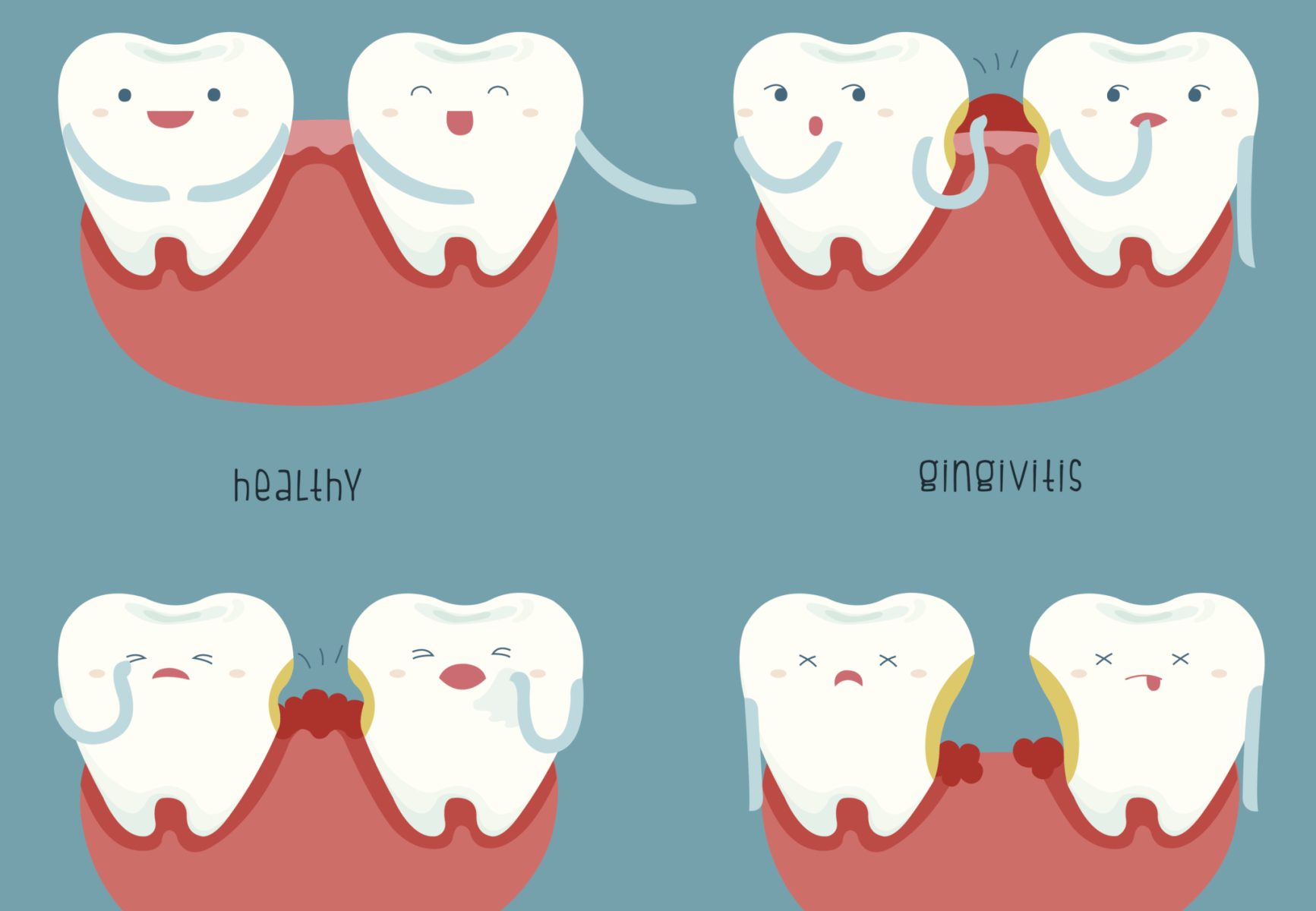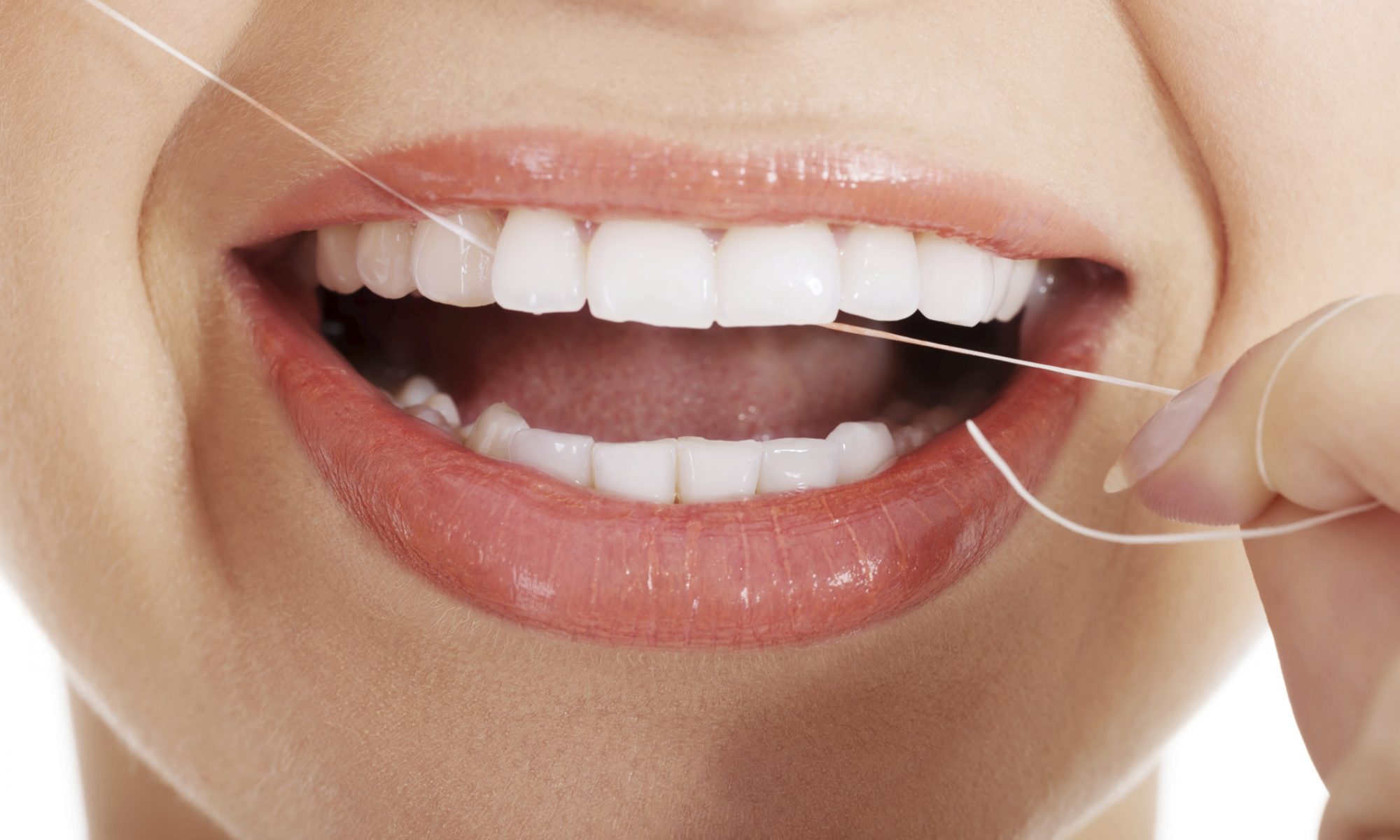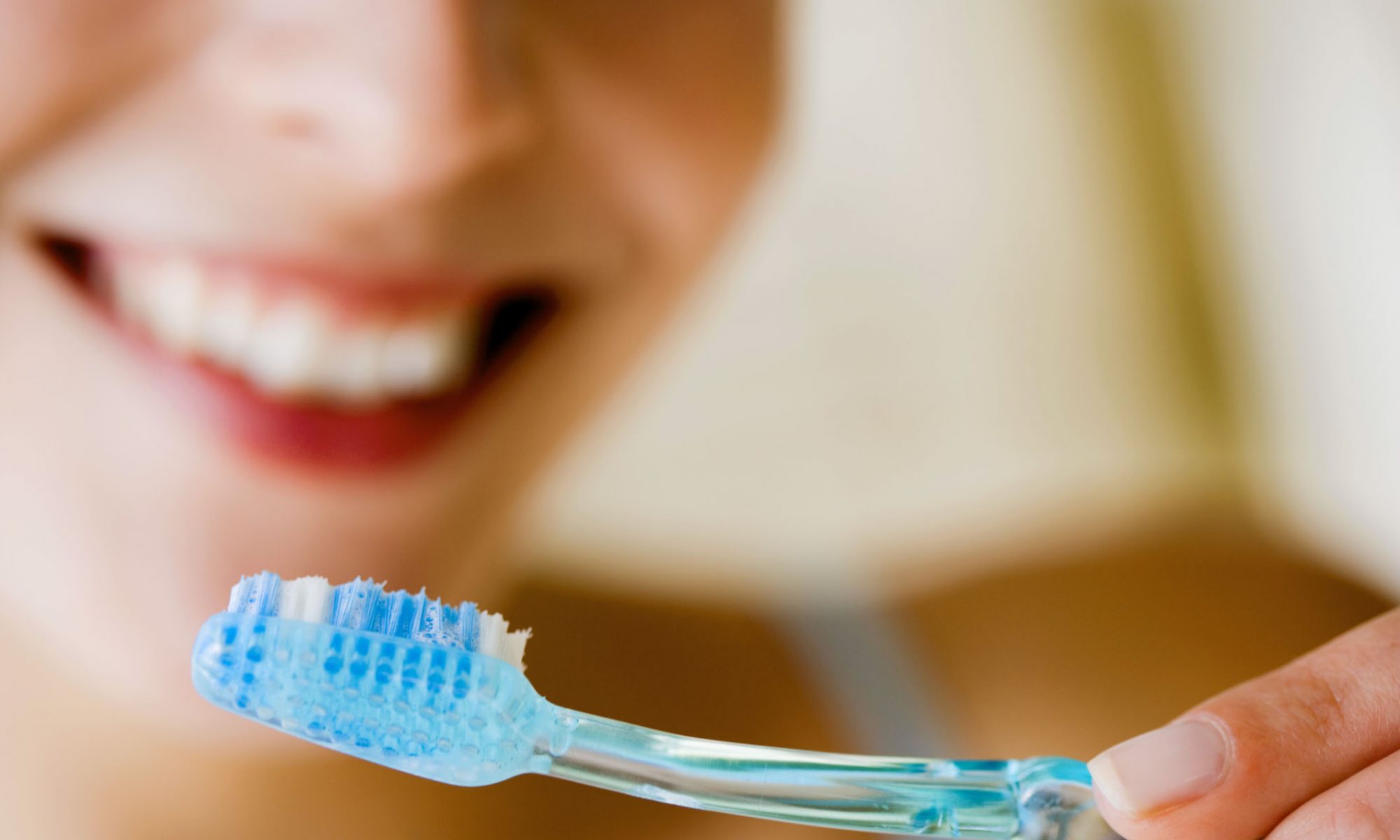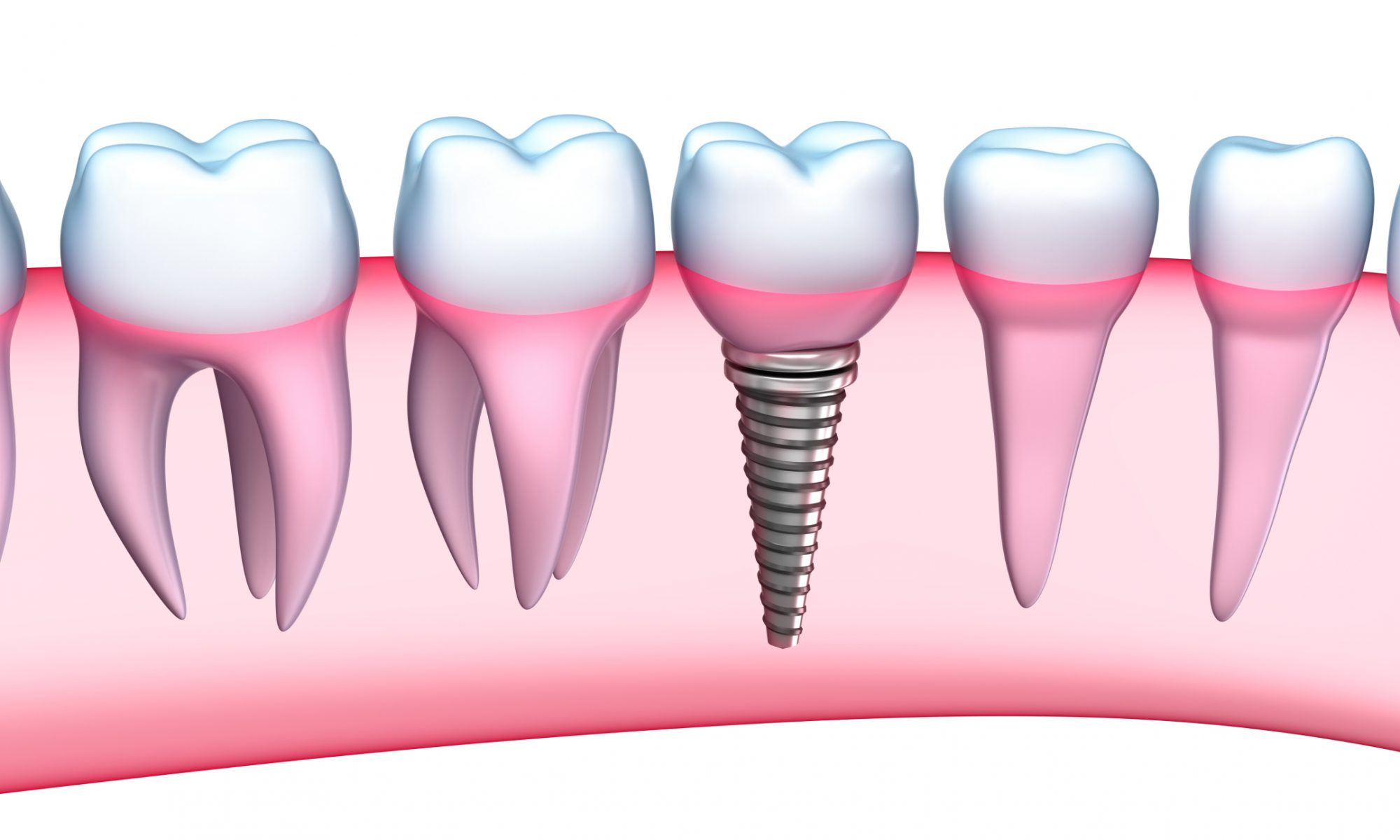Dentistry encompasses various specialized fields that focus on specific aspects of oral health, addressing diverse dental needs and conditions. Here are some of the different specialties of dentistry:
1. Orthodontics:
- Orthodontists specialize in diagnosing, preventing, and correcting dental and facial irregularities. They use braces, clear aligners, and other appliances to straighten teeth and align jaws for improved aesthetics and function.
2. Periodontics:
- Periodontists specialize in diagnosing and treating gum diseases (periodontal diseases) and conditions affecting the tissues surrounding the teeth. They perform procedures such as scaling and root planing, gum grafts, and placement of dental implants to restore gum health and prevent tooth loss.
3. Endodontics:
- Endodontists focus on diagnosing and treating diseases and injuries of the dental pulp (inner tissues) and root canal system of teeth. They perform root canal treatments to save infected or damaged teeth, alleviating pain and preserving natural teeth whenever possible.
4. Prosthodontics:
- Prosthodontists specialize in restoring and replacing missing teeth and restoring oral function. They design and fit dentures, dental implants, crowns, bridges, and other prosthetic devices to improve aesthetics, chewing ability, and speech.
5. Pediatric Dentistry:
- Pediatric dentists (pedodontists) specialize in providing dental care for infants, children, and adolescents. They focus on oral health maintenance, preventive care, and treatments tailored to the unique needs of young patients, promoting lifelong dental health habits.
6. Oral and Maxillofacial Surgery:
- Oral surgeons perform surgical procedures on the mouth, jaws, face, and neck. They handle complex dental extractions, corrective jaw surgery, dental implant placements, and treatment of facial injuries and oral cancers.
7. Oral Pathology:
- Oral pathologists diagnose and manage diseases affecting the oral and maxillofacial regions. They specialize in identifying oral cancers, lesions, and other abnormalities through microscopic examination and provide diagnostic services to aid in treatment planning.
8. Public Health Dentistry:
- Public health dentists focus on promoting oral health and preventing dental diseases within communities. They may work in government agencies, healthcare organizations, or research institutions to develop and implement oral health programs and policies.
Each dental specialty requires additional education and training beyond general dentistry, allowing practitioners to provide specialized care tailored to specific patient needs. By consulting with the appropriate dental specialist, patients can receive comprehensive and personalized treatment to achieve optimal oral health and wellness.
For more information, call Dr. Ladani in Schnecksville, PA at 610-799-0600 or visit www.extraordinarysmiles.net.
Dr. Sandip Ladani proudly serves patients from Schnecksville and all surrounding areas.

